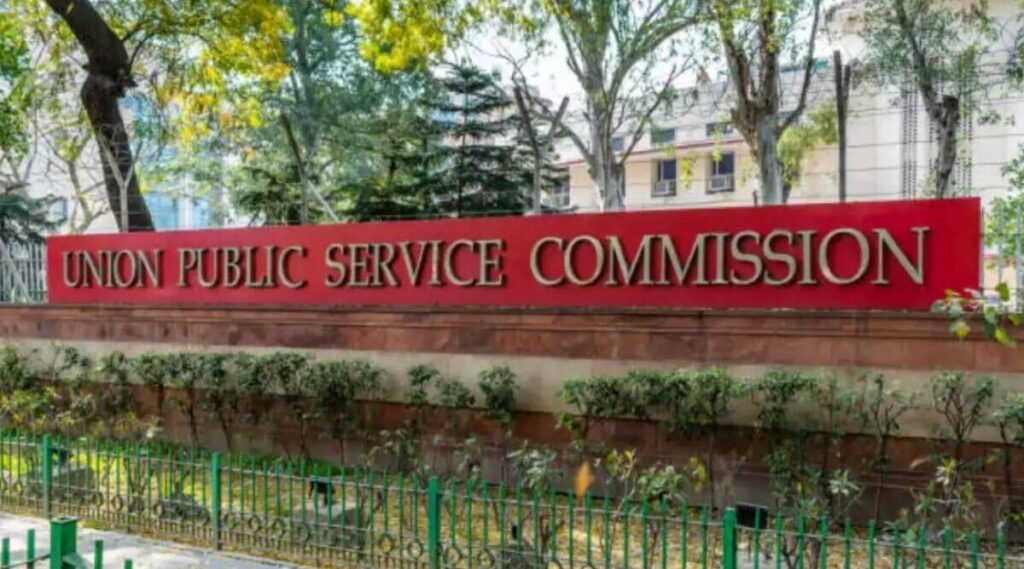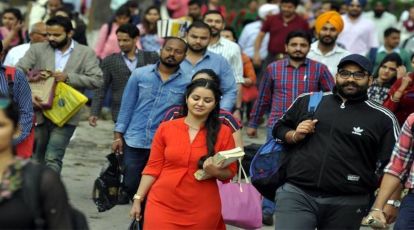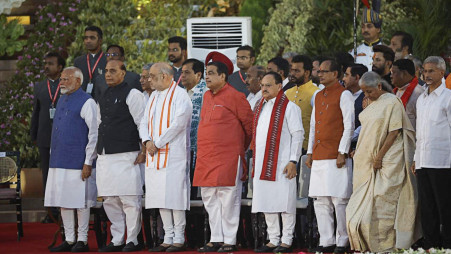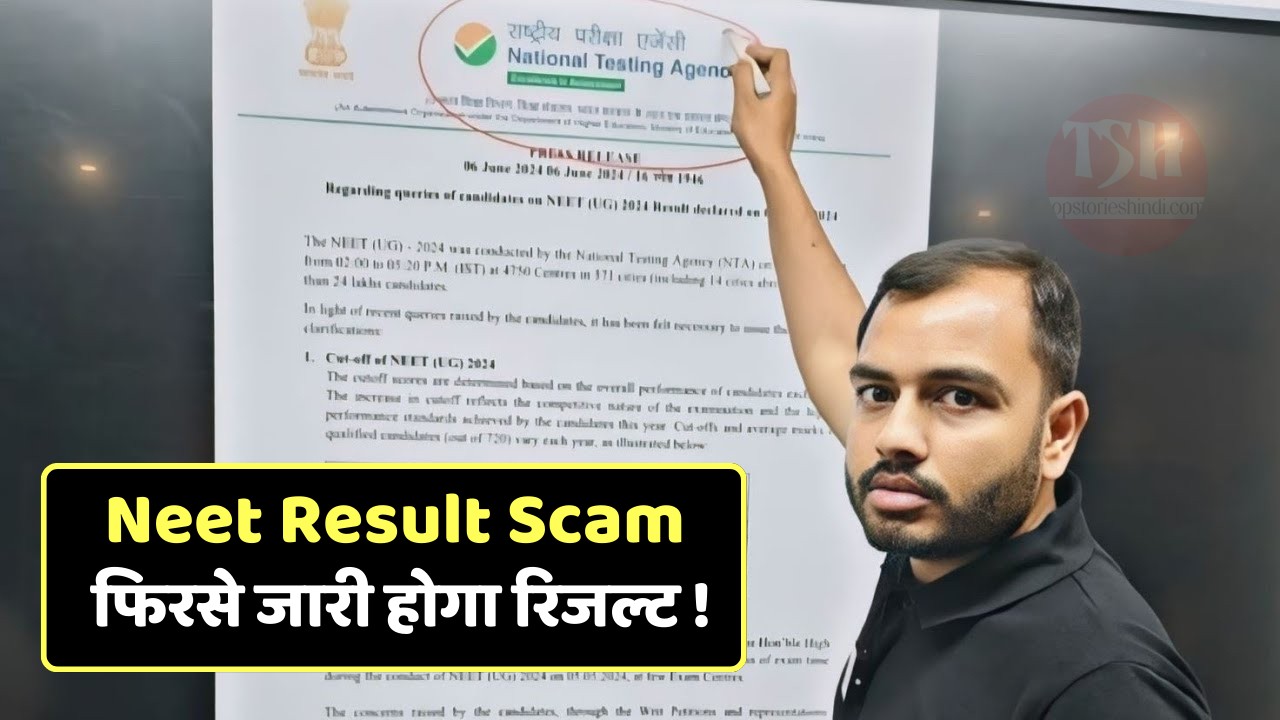UPSC Civil Services Prelims 2024 to be held on June 16, check latest updates

The decision to revise the exam timetable was taken after the Election Commission on Saturday announced the schedule of Election to the 18th Lok Sabha in April – June 2024.
Read also – Places to Visit in Delhi

The Union Public Service Commission (UPSC) on March 19 rescheduled the Civil Services Examinations (CSE) 2024, which was scheduled for May 26, 2024. The Prelims exam will now be conducted on June 16. The decision to revise the exam timetable was taken after the Election Commission on Saturday announced the schedule of election to the 18th Lok Sabha in April – June 2024.
IAS Exam Date
| IAS Exam Conducting Body | UPSC |
| Mode of IAS exam | Offline |
| Number of times conducted | Once every year |
| Prescribed age limit | 21 – 32 years (upper age relaxation for reserved candidates) |
| IAS Exam – Prelims 2024 | Sunday – 26th May 2024 Postponed to 16 June 2024 |
| IAS Exam – Mains 2024 | 20th September 2024 onwards (exams for five days) |
| Course | Prepare for IAS, anytime, anywhere at your own pace! |
| IAS Exam Pattern | Prelims (MCQs), Mains (Descriptive papers) |
IAS Exam Pattern
The IAS Exam pattern is:
- Stage I: Preliminary Examination (IAS Prelims)
- Stage II: Mains Examination (IAS Mains)
- Stage III: UPSC Personality Test (IAS Interview)
Stage I: IAS Exam – UPSC Prelims
| Sl. No. | Name of the Paper | Nature of the Paper | Duration of the Exam | Questions | Marks |
| 1 | IAS Exam Paper – I: General Studies | Merit Ranking Nature | 2 Hours | 100 | 200 Marks |
| 2 | IAS Exam Paper – II: General Studies (CSAT) | Qualifying Nature | 2 Hours | 80 | 200 Marks |
- The questions in the IAS Exam (Prelims) are of the objective type or Multiple Choice Questions (MCQs)
- There is ‘Negative Marking’ in the IAS Exam for each incorrect answer but only in the Prelims stage. The negative marking for incorrect answers will be 1/3rd (0.66) of the allotted marks of that question.
- The GS Paper II (CSAT) in IAS exam is of qualifying nature and candidates should score a minimum of 33 per cent in this paper to qualify to the next stage of the IAS exam i.e. the Mains.
- Blind candidates are given an extra time of 20 minutes for each paper in the IAS Exam (Prelims).
- It is mandatory for the candidates to appear in both the papers of civil services prelims exam for the evaluation.
- The marks scored by the candidates in the preliminary examination are not counted for the final score. It is only a screening test where candidates not securing the cut-off marks are eliminated.
Stage II: IAS Exam – UPSC Mains
The second stage of the IAS Exam is called the Mains Exam, which is a written descriptive examination and comprises 9 papers. The 9 papers in IAS Exam (Mains) are as follows: Paper-A (Compulsory Indian Language); Paper –B (English) which are qualifying in nature, while the other papers like Essay, General Studies Papers I, II, III, and IV, and Optional Papers I and II are considered for the final ranking.
| Sl. No. | IAS Exam Paper | Name of the Paper | Nature of the Paper | Duration of the Exam | Marks | ||
| 1 | Paper – A | Compulsory Indian Language | QUALIFYING NATURE | 3 Hours | 300 Marks | ||
| 2 | Paper – B | English | 3 Hours | 300 Marks | |||
| 3 | Paper – I | ESSAY | MERIT RANKING NATURE | 3 Hours | 250 Marks | ||
| 4 | Paper – II | General Studies I | 3 Hours | 250 Marks | |||
| 5 | Paper – III | General Studies II | 3 Hours | 250 Marks | |||
| 6 | Paper – IV | General Studies III | 3 Hours | 250 Marks | |||
| 7 | Paper – V | General Studies IV | 3 Hours | 250 Marks | |||
| 8 | Paper – VI | Optional Paper I | 3 Hours | 250 Marks | |||
| 9 | Paper – VII | Optional Paper II | 3 Hours | 250 Marks | |||
| TOTAL | 1750 Marks | ||||||
| Interview or Personality Test | 275 Marks | ||||||
| GRAND TOTAL | 2025 Marks | ||||||
NOTE:
- The candidates can select their medium of writing the UPSC Civil Services IAS Mains Exam as Hindi or English or any other language listed in the 8th Schedule of the Indian Constitution.
- The Indian Languages included in the IAS exam are as per languages listed in the 8th Schedule of the Indian Constitution.
- The candidates who score above the prescribed cut-off marks in the IAS exam (Mains) will get the summons for the Personality Test (last stage of the IAS exam).
- The final ranking of the candidates is on the basis of the marks obtained by them in the Main Examination and Personality Test/Interview Round of the IAS exam.
Stage III: IAS Exam – UPSC Interview/Personality Test
Candidates who clear the Mains stage of the IAS exam with the required cut-off marks qualify for the final stage of the IAS exam i.e., the Personality Test or Interview round with the UPSC Board Members. The candidates who qualify to the final stage will be sent an e-summon by the Commission for a face-to-face discussion round with the board members. In this round, the board assesses the personality traits of the candidates and questions will be asked on their hobbies, current affairs, general knowledge, situation questions, etc. to evaluate if they are fit for a career in the civil services or not. The UPSC personality test will be held only in the UPSC Bhavan in New Delhi.
IAS Exam Age Limit and Attempts
Read also – Modi Cabinet 3.0: No change in Big 4, aviation goes to TDP; Full list of ministers and their portfolios

There are conditions of nationality, age, number of attempts and educational qualification if candidates wish to take the IAS exam. For the general category aspirants, the candidate must be a citizen of India or a PIO, must have a graduate degree, must be between the ages of 21 and 32, and must not have attempted the IAS exam 6 times. But there are certain relaxations and other conditions to the above.
Mistakes to Avoid in the IAS Exam Preparation
Some of the most common mistakes that must be avoided during the preparation of the IAS journey are:
- Inadequate understanding of the IAS exam pattern and syllabus: Familiarise yourself with the structure of the exam, the number of papers, their weightage, and the marking scheme.
- Neglecting current affairs and General Knowledge preparation: Develop a habit of reading newspapers, magazines, and reliable online sources to stay informed about national and international news. Additionally, focus on diverse topics to broaden your knowledge base.
- Lack of a systematic study plan and disciplined study routine: Break down the syllabus into smaller, manageable parts and allocate specific time slots for each topic. Stick to a disciplined study routine, ensuring regularity and consistency in your preparation.
- Overemphasis on memorisation rather than understanding concepts: The IAS exam requires critical thinking and analytical skills. Focus on developing a deep understanding of the subjects, grasp the fundamental concepts, and apply them to real-world scenarios.
- Insufficient practice in answer writing and lack of time management skills during the exam: Regularly practice writing answers to previous years’ question papers and work on improving your writing style, structure, and coherence. Practice solving questions within the stipulated time to enhance your speed and efficiency.




